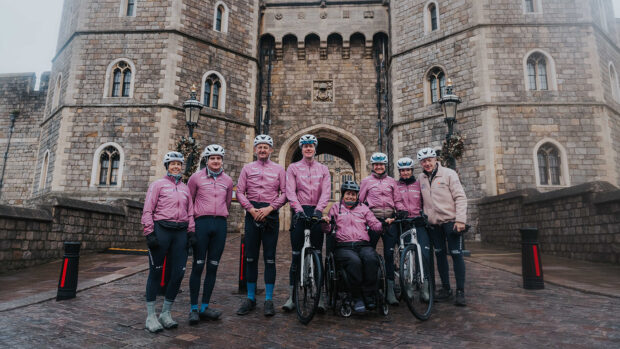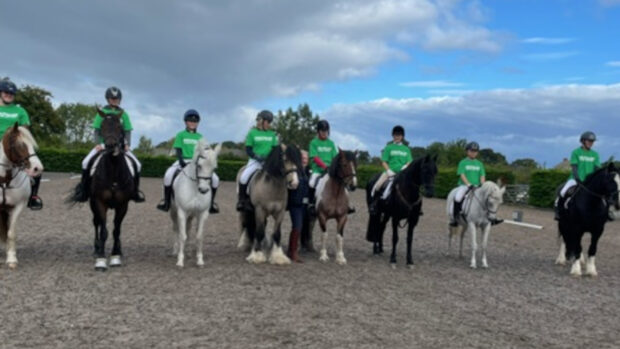An equine charity is desperately seeking a new home after their landlord of 22 years called an end to their lease.
Time is running out for the Tunbridge Wells-based Working Horse Trust, which will need to find a new site to house its 11 horses within the next few months.
“This is the last stage of our search, there will be a cut off point early next year when we will need to say ‘we’re not going to find somewhere’ and think about suspending activities, winding the trust up and thinking about where the horses can go,” said the trust’s director Jo Ambrose.
The charity signed a new 10-year lease with Eridge Estates in 2007, but in 2012 the landlords invoked a break clause. The trust has been searching for a new site without success ever since and although their landlord has extended their tenancy several times, they are now facing a final deadline in 2017.
“We’ve found places and then they’ve fallen through,” Ms Ambrose said. “We found somewhere but they wanted £4,000 a month — we’re happy to fairly pay our way but we’re a small charity and we raise every penny ourselves we haven’t got money to throw around for rent.”
She added that at £10-£15k an acre, land was too expensive for the trust to buy, while the relaxation of planning laws had made small farm rental properties difficult to find.
“We’re looking for about 25 acres but the big ask is a building — because the horses are so big, they’re not suited to normal-style yard. At the moment, we keep them in open plan building which is about 560 sq m. We have got a reserve amount of money though and we would be prepared to repair and renovate.”
Another complication was restricting the search to the Kent/Suffolk area so they wouldn’t lose their 30-strong workforce of skilled volunteers.
“Because we’ve been here 22 years, we can’t go too far away because we’d loose all of the expertise we’ve built up,” she said. “We’re just hoping someone will come up with something magical.”
The Working Horse Trust was established to safeguard the future of threatened heavy draft breeds. As well as open days, aimed to promote the breeds to the public, the horses are also used for agricultural work — recent examples have included bracken control, harrowing the Royal Botanic Gardens’ wildflower meadows and timber extraction.
“There are niches of work,” said Ms Ambrose. “Particularly where there are environmental concerns such as meadows and small woodland.”
Related articles:
- Bruises and other things you will swiftly encounter when you sign up for a charity race
- £200 ‘pony of a lifetime’ wipes the floor at national championships
- Paul Tapner calls time on riding career
The trust has also bred Suffolk Punch — listed as critical — and Ardennes horses in recent years, but suspended their breeding programme when they knew their future was in jeopardy.
“Most of the horses have been born here and lived here all their lives in a closed herd, so to split them up would be agonising,” Ms Ambrose added.
“If we had to wind up, the active ones would need to go to active working homes and for the elderly ones, we’d have to look for sanctuary where they can all go together. But then you need to ask if it’s ethical to shunt our problems onto another charity?”
Anyone wanting to help can contact them via their Facebook page





